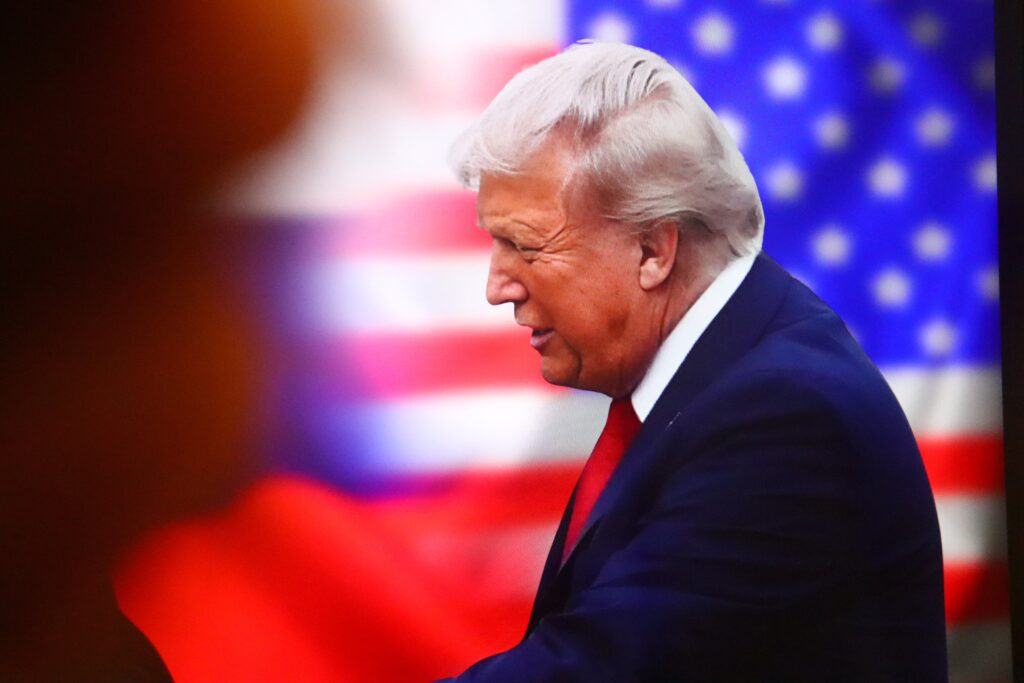US President Donald Trump signed an executive order that imposes a $100,000 fee on applicants to the H-1B visa programme. The order claims the system faces “abuse” and blocks entry unless the fee is paid in full.
Critics argue the H-1B programme damages American workers’ chances. Supporters, including billionaire Elon Musk, insist it allows the US to recruit global expertise.
Million-pound gold card scheme unveiled
Trump also announced a “gold card” that accelerates visas for selected immigrants. The programme requires payments starting at £1m.
Commerce Secretary Howard Lutnick appeared with Trump in the Oval Office on Friday. “A hundred thousand dollars a year for H1-B visas, and big companies are on board,” he said. “Train graduates from American universities. Stop importing workers to take our jobs.”
Limits and fees on the H-1B system
Since 2004, the United States has capped H-1B applications at 85,000 annually. Applicants previously paid administrative fees of around $1,500.
US Citizenship and Immigration Services reported applications for the next fiscal year dropped to 359,000. This figure marks a four-year low.
Amazon led H-1B approvals last year, followed by Tata, Microsoft, Meta, Apple and Google.
Small firms warn of collapse
Immigration lawyer Tahmina Watson warned the change could devastate smaller businesses and start-ups. “Almost everyone’s going to be priced out,” she said. “This $100,000 entry cost will have a devastating effect.”
She added that companies usually turn to foreign workers only when they cannot fill posts locally.
Warning signs for US innovation
Jorge Lopez, head of the immigration and mobility group at Littler Mendelson PC, also criticised the new fee. He warned it “will halt American competitiveness in tech and across industries.”
Some companies may attempt to relocate abroad, though overseas expansion is often difficult.
Trump’s mixed record on visas
Trump’s allies have long clashed over the H-1B system. Some supported it, while critics such as Steve Bannon rejected it outright.
In January, Trump said he understood both sides of the issue. Earlier on the campaign trail, he pledged easier recruitment and proposed green cards for graduates. “You need a pool of people for companies,” he told the All-In Podcast. “You must recruit and keep them.”
First-term restrictions and fallout
In 2017, Trump signed an order that tightened oversight of H-1B applications. The measure aimed to improve fraud detection.
Rejection rates then climbed to 24% in the 2018 fiscal year. Under Barack Obama, rates averaged between 5% and 8%, while under Joe Biden they stood between 2% and 4%.
Tech firms sharply criticised Trump’s measures, warning they put innovation and growth at risk.
Global impact felt strongest in India
The new fee raises concern worldwide. India, the largest source of H-1B applicants, expects significant disruption.
Observers warn the restrictions could reshape global hiring patterns and divert investment away from the United States.


